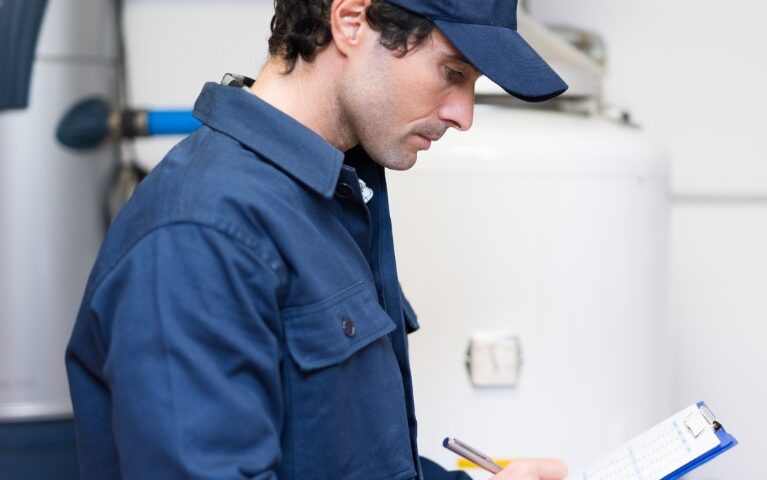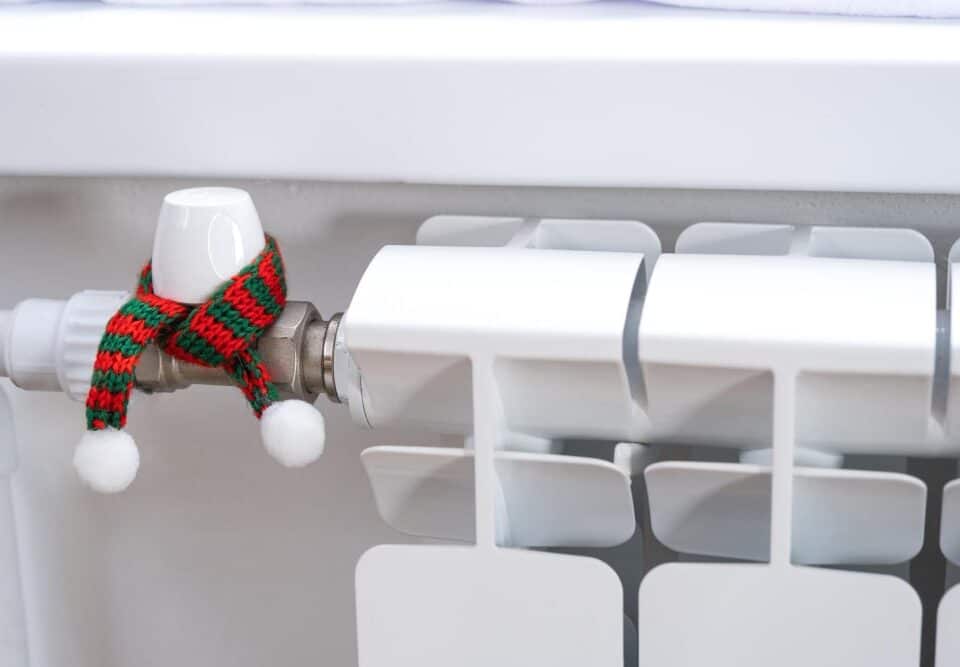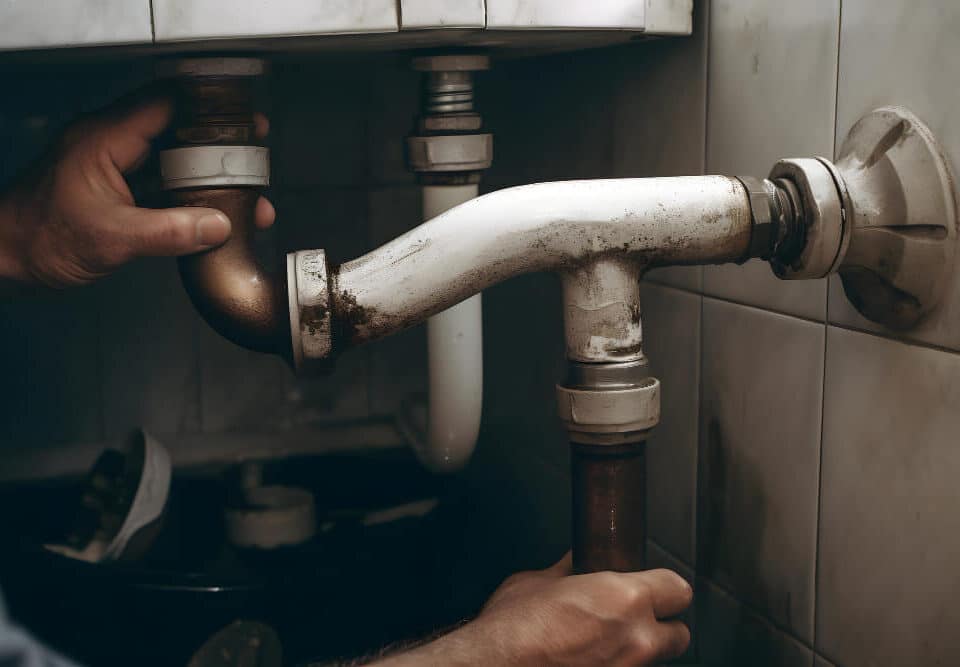
Home Office Remodeling Ideas for Remote Work
February 14, 2024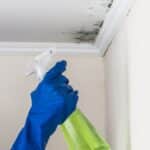
Mold Control in Your Home: Cleaning and Prevention Tips
April 2, 2024Proactive Measures to Avoid Plumbing Emergencies
Plumbing issues can be a major headache for homeowners. From clogged drains to burst pipes, these problems can cause significant damage and inconvenience. That’s why it’s important to take proactive measures to avoid plumbing emergencies. One of the best ways to do this is through regular plumbing inspections.
Why Are Regular Plumbing Inspections Important?
Plumbing issues can arise at any time, and often when you least expect them. A small leak or clog can quickly turn into a major problem if left unchecked. Regular plumbing inspections can help catch these issues early on before they become emergencies. Here are some of the key benefits of regular plumbing inspections:
Early Detection of Problems
Regular plumbing inspections allow a professional plumber to thoroughly examine your plumbing system and identify any potential issues. This can include leaks, clogs, and other problems that may not be visible to the untrained eye. By catching these problems early on, you can avoid costly repairs and potential emergencies.
Preventative Maintenance
Just like your car needs regular oil changes and tune-ups to keep running smoothly, your plumbing system also needs maintenance to function properly. Regular plumbing inspections can help identify any areas that need attention and allow for preventative maintenance to be performed. This can save you from unexpected breakdowns and costly repairs in the future.
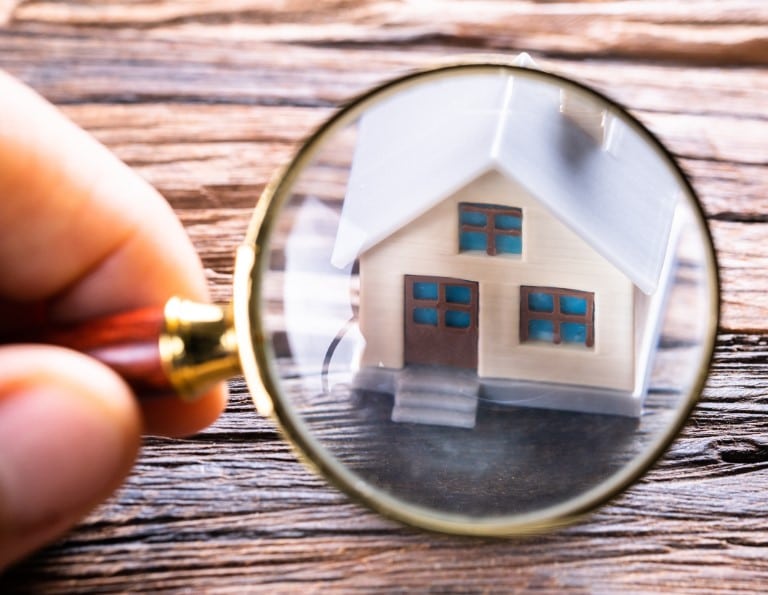
Cost Savings
By catching plumbing issues early on and performing preventative maintenance, you can save money in the long run. Emergency plumbing repairs can be expensive, and water damage restoration services can add even more to the bill. Regular plumbing inspections can help you avoid these costly emergencies and keep your plumbing system running efficiently.
Peace of Mind
Knowing that your plumbing system is in good condition can give you peace of mind. You won’t have to worry about unexpected emergencies or costly repairs, and you can rest easy knowing that your plumbing system is functioning properly.
What Does a Plumbing Inspection Include?
A plumbing inspection is a thorough examination of your entire plumbing system. This includes all visible pipes, fixtures, and appliances. Here are some of the key components of a plumbing inspection:
Checking for Leaks
One of the main things a plumber will look for during an inspection is any signs of leaks. This can include water stains, mold growth, and dampness around pipes and fixtures. They will also check for any visible leaks in pipes and fixtures.
Testing Water Pressure
Water pressure that is too high or too low can cause problems for your plumbing system. During an inspection, a plumber will test the water pressure and make any necessary adjustments to ensure it is at the optimal level.
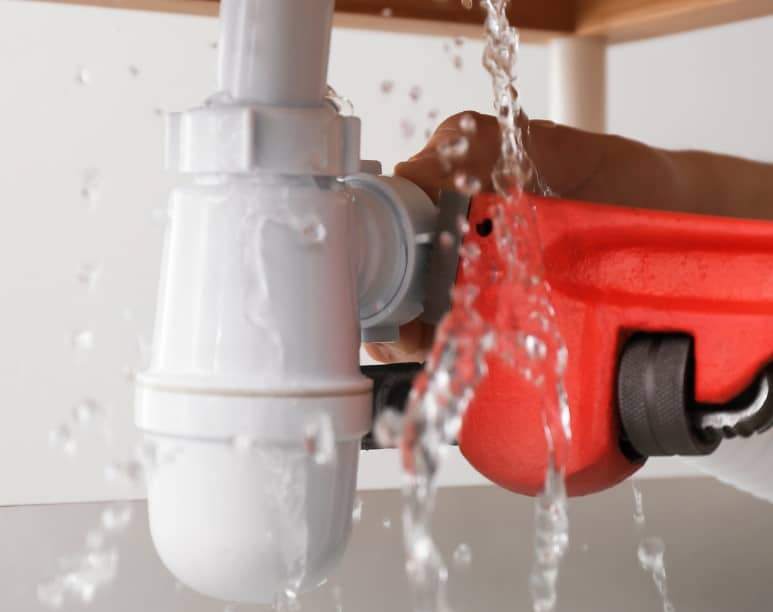
Checking for Clogs
Clogs can cause major issues in your plumbing system, leading to backups and potential damage. A plumber will check for any clogs in your drains and pipes and clear them if necessary.
Inspecting Appliances and Fixtures
All appliances and fixtures connected to your plumbing system will be inspected for any signs of damage or wear. This can include your water heater, dishwasher, and washing machine.
Examining the Water Heater
The water heater is an essential part of your plumbing system, and a plumber will thoroughly inspect it during a plumbing inspection. They will check for any signs of damage or wear and make sure it is functioning properly.
How Often Should You Get a Plumbing Inspection?
The frequency of plumbing inspections will depend on a few factors, such as the age of your plumbing system and the condition of your pipes. As a general rule, it’s recommended to get a plumbing inspection at least once a year. However, if you have an older home or notice any issues with your plumbing, it may be beneficial to get more frequent inspections.
What to Do If You Have an Emergency Plumbing Issue
Even with regular plumbing inspections, emergencies can still happen. If you experience a plumbing emergency, it’s important to act quickly to minimize damage and get the issue resolved. Here are some steps to take if you have an emergency plumbing issue:
Shut Off the Water
The first thing you should do in a plumbing emergency is shut off the water supply. This will help prevent any further damage from occurring.
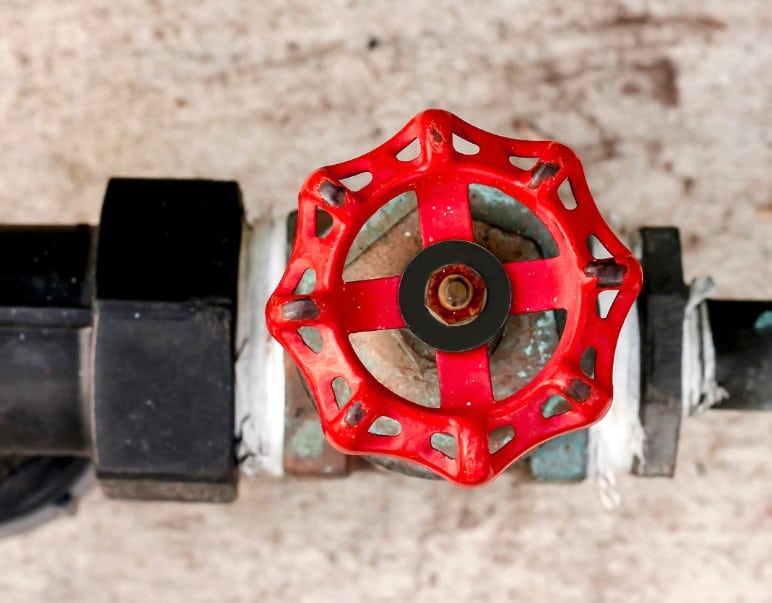
Call a Professional Plumber
In the case of a plumbing emergency, it’s best to call a professional emergency plumbing service. A company like ours here at JDR Restoration and Remodeling has the expertise and tools to quickly and effectively resolve the issue.
Contact Emergency Restoration Services
If the emergency has caused water damage to your home, it’s important to contact an emergency restoration service as soon as possible. We will be able to assess the damage and begin the restoration process to prevent further damage.
Conclusion
Regular plumbing inspections are an essential part of maintaining a healthy and functioning plumbing system. They can help catch issues early on, prevent costly emergencies, and give you peace of mind.


